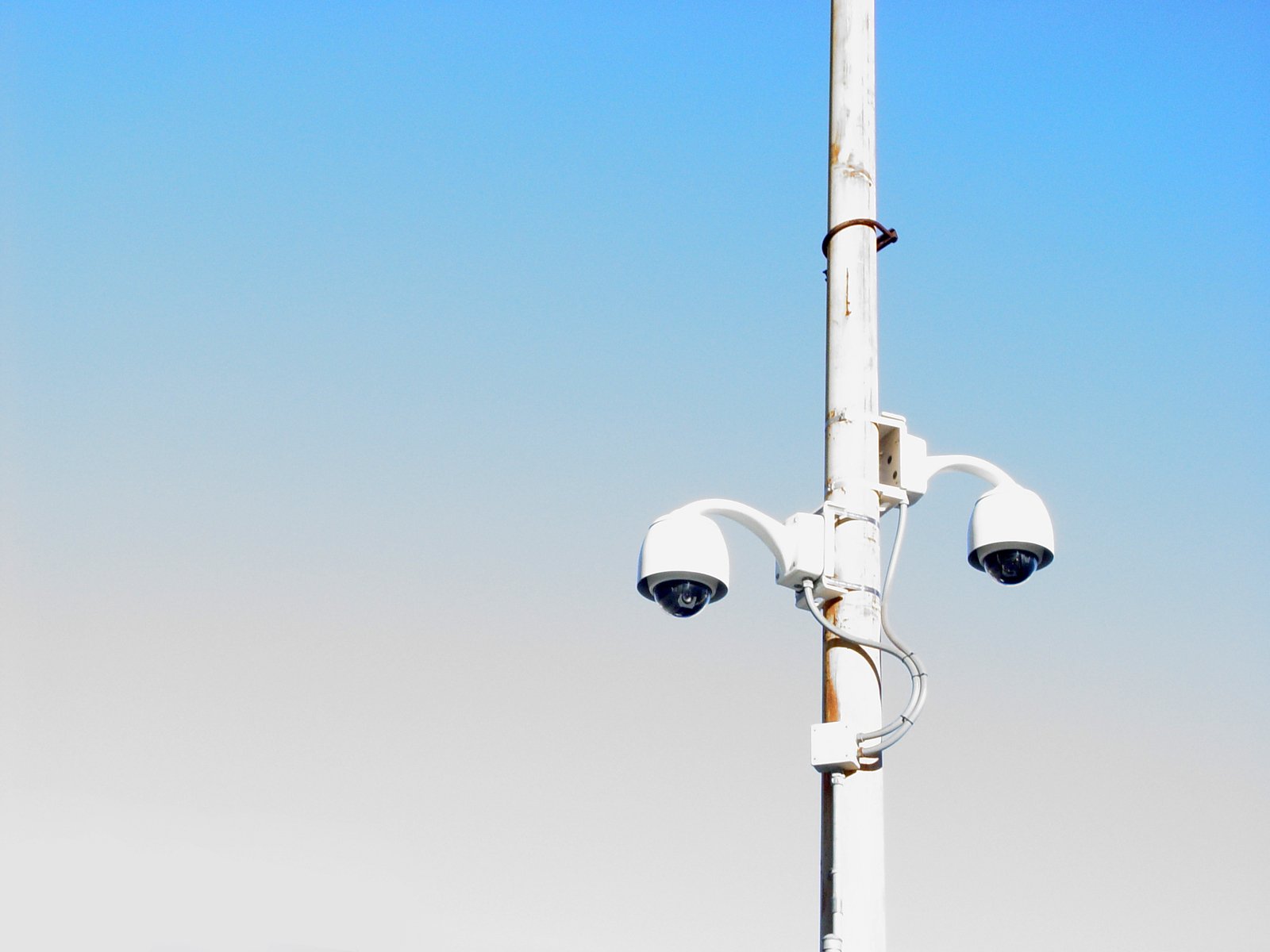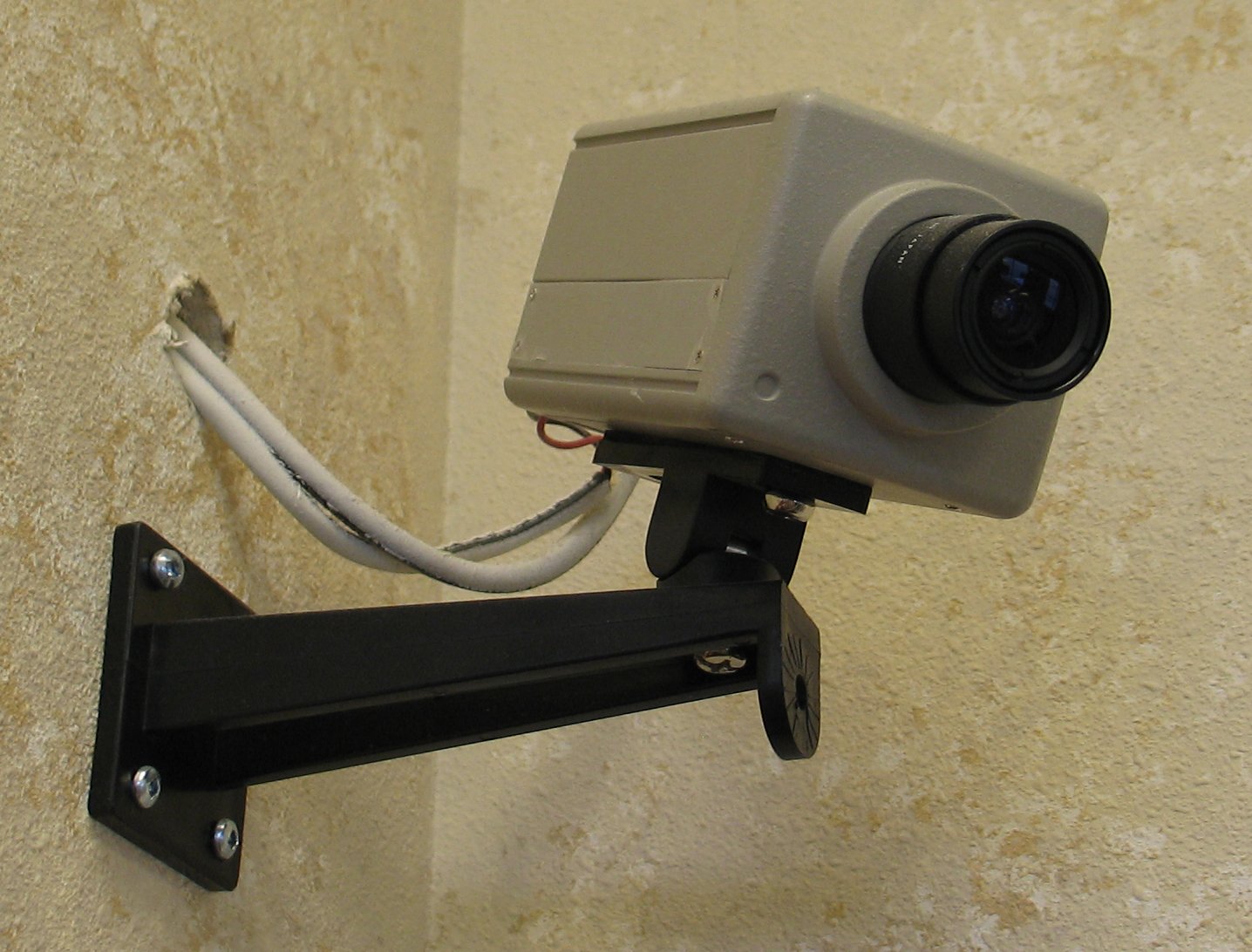

'Telemetry' is a marketing term (euphemism), mostly for marketing types who want to show off the number of users and occasionally what those users are up to. Many are up in arms about Mozilla putting more of this 'telemetry' nonsense inside Firefox -- a subject we covered here before (Mozilla also puts this code in Microsoft's proprietary prison, GitHub). They say they want to improve users' experience, based on their understanding of what users do (remote observation with supposedly 'anonymous' statistics, though it's clear some server gets IP addresses stored).
"If Canonical debunks the argument (or "selling point") that GNU/Linux won't betray your very discreet elements of life (like searching locally your photo albums), what will people think and what will freedom-respecting software advocacy look like?"Many years ago Richard Stallman publicly condemned Canonical (or Ubuntu) for allowing Amazon to spy on what GNU/Linux (Unity) users were searching for locally. He issued this condemnation after he and I had debated the subject over E-mail. Many years down the line the problem isn't resolved. My beloved text editor (yes, plain text) has 'telemetry' in it (albeit after controversy we're reassured that it's off by default; KDE's Kate didn't always have those anti-features and I've used it since 2004) though many people still use Visual Studio ('Code'; openwashing basically), which is proprietary software with 'telemetry' in it. Those who use text editors to manage confidential material don't want some cryptic process to send away data about usage (which can in turn reveal something about the work being done).
 If we keep silent, we may accidentally get across this false impression of indifference or even tolerance of spying. It can embolden companies like Canonical and even some KDE developers to do more of the same. We need more disputes and controversies over the matter; at the very least it serves as a cautionary tale, meaning that developers will think twice or thrice before implementing such malicious 'features' which nobody asked for. A few years ago Mozilla used its spying on Firefox users to justify removing RSS support from Firefox (Live Bookmarks), in effect participating in the "War on RSS" or the assault on an open, distributed, decentralised Web. Like Firefox's abandonment of XUL, there seemed to be no benefit to it... to the users. These increasingly "data-driven" companies hire from Microsoft and from Facebook while posing publicly as champions of privacy. "Free/libre" software and "privacy-respecting" software aren't the same thing, even if in practice any freedom-respecting software also tends to respect the privacy (an extension of freedom) of users. This was in fact one of the grounds of Stallman's condemnation. If Canonical debunks the argument (or "selling point") that GNU/Linux won't betray your very discreet elements of life (like searching locally your photo albums), what will people think and what will freedom-respecting software advocacy look like?
If we keep silent, we may accidentally get across this false impression of indifference or even tolerance of spying. It can embolden companies like Canonical and even some KDE developers to do more of the same. We need more disputes and controversies over the matter; at the very least it serves as a cautionary tale, meaning that developers will think twice or thrice before implementing such malicious 'features' which nobody asked for. A few years ago Mozilla used its spying on Firefox users to justify removing RSS support from Firefox (Live Bookmarks), in effect participating in the "War on RSS" or the assault on an open, distributed, decentralised Web. Like Firefox's abandonment of XUL, there seemed to be no benefit to it... to the users. These increasingly "data-driven" companies hire from Microsoft and from Facebook while posing publicly as champions of privacy. "Free/libre" software and "privacy-respecting" software aren't the same thing, even if in practice any freedom-respecting software also tends to respect the privacy (an extension of freedom) of users. This was in fact one of the grounds of Stallman's condemnation. If Canonical debunks the argument (or "selling point") that GNU/Linux won't betray your very discreet elements of life (like searching locally your photo albums), what will people think and what will freedom-respecting software advocacy look like?
One core (and seminal) argument for "Free/libre" software was, we ought to put power at the hands of the users. Because if the user does not control the software, it may in fact be the developer (or developer's employer, government etc.) controlling the user. This argument has been valid since the 1980s. 'Telemetry' is an injustice in the sense that it embeds inside the code elements that give the developers unjust spying powers over users. It's a stepping stone towards non-free and user-disrespecting software. ⬆